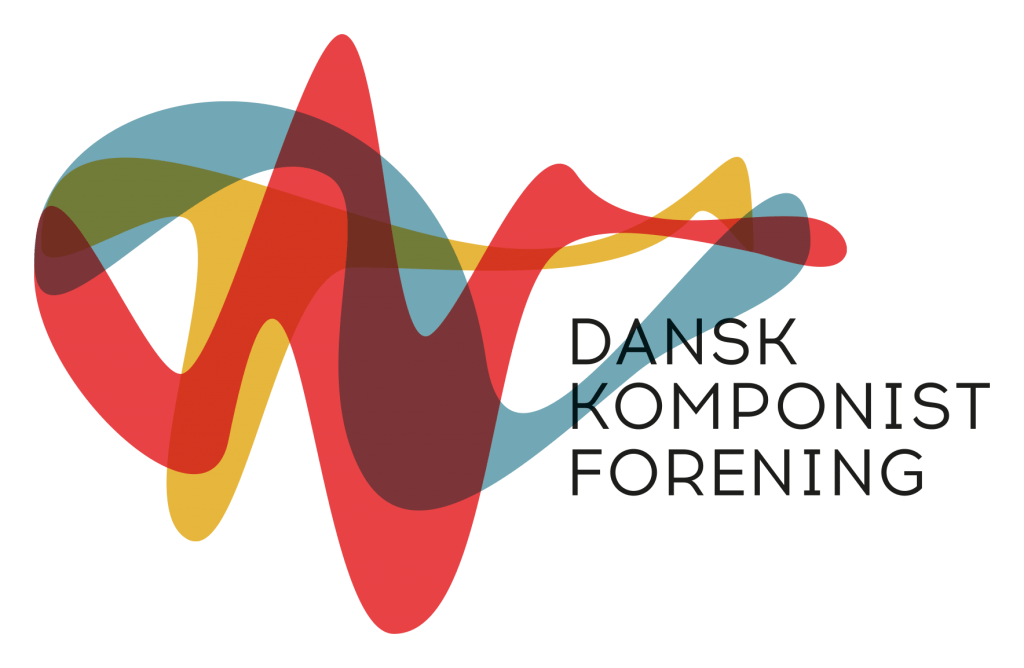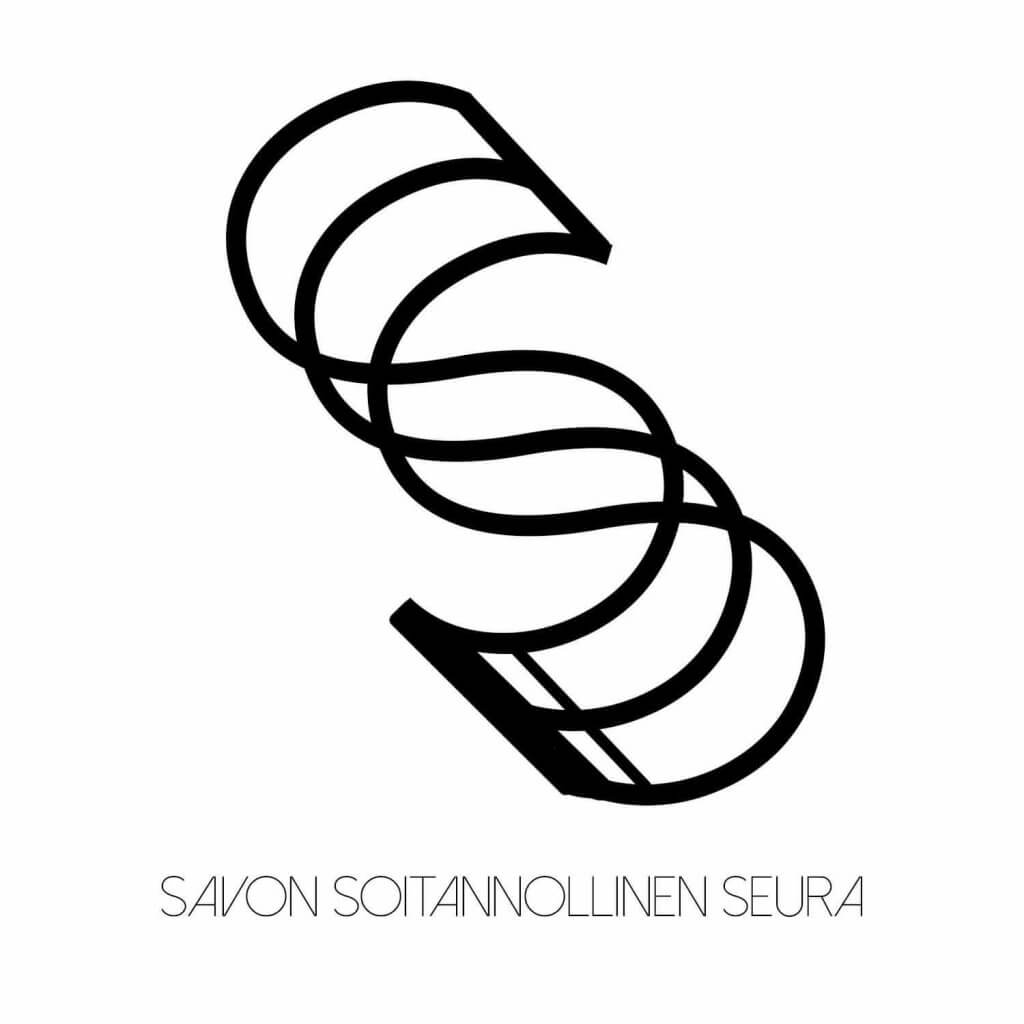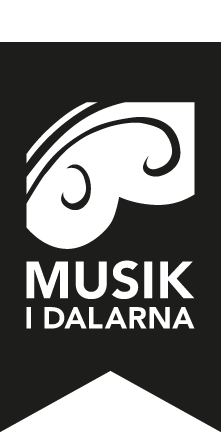For many years, KVAST has had an international outlook. Read more about history further down on this page, but first our new upcoming project:
Export of music and sound art by Nordic women and gender minoritized composers
KVAST has as vision to start a new database with works by women and gender minoritized composers in the genre of Western Art Music from the Nordic countries.
The database is intended to be run by several institutions and represent all the Nordic countries. It is supposed to be worldwide marketed and make repertoire by women and gender minoritized composers from the Nordic countries easily available to art musicians all over the world. We also aim to provide sheet music. The database will thus function as a tool in our struggle for more equal repertoire on the world’s classical music scene.
The marketing would promote the common profile of the Nordic countries concerning gender equality, and it would hopefully increase performances by Nordic women and gender minoritized composers, as well as it would promote gender equal repertoire on the classical music scene in the Nordic region and in the rest of the world.
During 2023 KVAST will enlarge the network for the database project. If you want to be part of the network, please contact project leader Sofia Sahlin sofia.sahlin@kvast.org
Find the current project description here.
Project-plan-2023-2026-Export-of-Music-by-Nordic-Women-and-Nonbinary-Composers-1Supported by


Partners september 2022:


Camilla Hambro, musicologist and university lecturer in musicology Åbo Academy, coordinator of the Norwegian working group.
The Danish Composers’ Society General Manager Sine Tofte Hannibal coordinator of Danish working group
NOBU Nordic Orchestra Library Union – Sebastian Djupsjöbacka board member and orchestra librarian at Finnish Radio Symphony Orchestra
Norway National Library
Savo Music Society Petteri Nieminen coordinator of the Finnish working group.
Orchestras in Sweden: Royal Stockholm Philharmonic Orchestra, The Nordic Chamber Orchestra, Music in Dalecarlia, The Sinfonietta of Västerås , Malmö Live and Musica Vitae. They have contributed economically in the start of the long term aim to create the database.
Wilhelm Hansen music publishers, Denmark
Fennica Gehrman Finnish music publishing company
Finlands musikarv, rf – Finland Music Heritage, rf
SNYK – Art Music Denmark
Kvinder i musik – Women in music, Denmark

We are so grateful for the financial support in the start up of this project! Many thanks to these Swedish orchestras:






Why a future Nordic Repertoire Bank for Women Composers?
The goal is to make the sheet music easily available, which will make it easy to program music by Nordic women composers.
The project benefits the individual Nordic countries as well as the Nordic region in total.
The project generates and distributes knowledge about women composers and their works in the Nordic countries and globally.
The contacts between the music institutions and the female composers throughout the Nordic countries will be increased and strengthened by making the compositions accessible and visible.
The database enables more Nordic female composers to be active as professional composers, as the music becomes easy to use all over the world.
The data base would be a unique tool, useful also as a resource for researchers and educational institutions.
The project progresses KVAST:s present resource, The Repertoire Bank, that functions as a solid start: https://kvast.org/repertoarbank/
It gives the opportunity to promote the profile of gender equality of the Nordic countries outside the Nordic region and increase performances of Nordic women composers internationally.

History of KVAST’s international outreach
It began in October 2018…when we invited representatives from our French and German sister organizations to join us at our ten-year anniversary festival in the Stockholm Concert Hall, which included concerts, performance installations, round-table discussions, panels and presentations by composers of their own works. Archiv Frau und Musik from Germany, KVAST’s French counterpart Plurielles 34 and the Norwegian Society of Composers all sent representatives.
The following year, 2019, we were involved in a series of international activities and projects, including conferences, concerts, collaboration meetings, events and panels in France, Germany, the Czech Republic and Belgium. Our reports from those events are below, listed in chronological order.
THE NORDICS
But first, a few words on our activities in the Nordics. We were invited to attend a conference in Finland for orchestra librarians in the Nordic countries. Ann-Christin Högnabba, our representative, spoke about KVAST to this important professional group and got a very positive response—we can look forward to keeping a dialogue going about making music by women available and accessible. The women’s network within the Norwegian Society of Composers also invited us to speak to them about our activities generally, and were inspired by us to create a Norwegian gender equality award similar to our Golden Broom Award and to begin collecting statistics on repertoire programming. In collaboration with the National Library of Norway, we added some 700 Norwegian compositions to our Repertoire Bank of music by women composers. A dialogue with the Danish Composers’ Society enabled us to further add hundreds of works from the Danish music publishers Wilhelm Hansen and Edition S. In Finland, we are partnering with the Savonia Musical Society on initiatives such as engaging a consultant to complete the score for a brilliant, newly discovered piano concerto by Laura Netzel. The Savonia Musical Society also continues to identify more unknown works that in future will be added to the Repertoire Bank.
ELSEWHERE IN EUROPE
In 2019, KVAST received invitations to attend a number of conferences, concerts, collaboration meetings, events and panels in France, Germany, the Czech Republic and Belgium. Our visits to the Czech Republic and Belgium were under the auspices of an EU project entitled Voices of Culture, and our trips to France and Germany were supported by a 2018–2019 grant from the Swedish Performing Arts Agency for international cultural exchange. In France, we were additionally invited to take part in a separate initiative by the music magazine La Lettre du Musicien.
MARCH
15 March. Être Compositrice Conference, Paris. In part 2 of our international cultural exchange project (launched at our anniversary festival at the Stockholm Concert Hall in the fall of 2018 and funded in part by the Swedish Performing Arts Agency), KVAST chair Astrid Pernille Hartmann and KVAST project director and composer Eva Sidén took part in a day-long conference at the Opéra Bastille Studio on 15 March. Fredrik Andersson, head of programming for the Stockholm Concert Hall, was also an invited attendee. The topic of the day was the programming of repertoire women composers, an issue that, in France, has been taken up at the government level. The conference was organized by the Centre de documentation de la musique contemporaine (CDMC), the group Futurs Composés, and KVAST’s sister association in France, Plurielles 34. The Swedish composer Madeline Isaksson, a French resident and member of both KVAST and Plurielles 34, was another invited panel member. Eva Sidén presented KVAST’s activities and strategies while Fredrik Andersson spoke about putting women composers on the program at the Stockholm Concert Hall and that organizations’s collaboration with KVAST, which was described as a model partnership (praise that was reprised in the panel discussion in in Berlin in November). Sidén and Isaksson spoke about KVAST from their respective points of view as composers, while Isaksson also offered a comparison between France and Sweden. Approximately 50 individuals and groups from around Europe took part in what proved to be a very busy schedule of events, conducted in French, which also included short musical interludes, and mini-lectures on research findings, feminism, and the disappearing of women composers from music historiography.
SEPTEMBER
5–6 September. Prague. KVAST chair Astrid Pernille Hartmann was a participant in the first part (of two) of the EU’s Voices of Culture project: a so-called Brainstorming Session on gender equality in cultural life and the creative sector within the EU. A total of 35 organizations from EU countries participated and the session was held at the Goethe-Institute Prague. Part 2 of the project, a Dialogue Meeting, was held in Brussels in November.
The first topic in the 2019–2021 round of Voices of Culture was about improving gender balance in the cultural and creative sectors. Voices of Culture gave the people most directly working in the sector a voice to be heard and the opportunity to give their input on this issue. This important topic will also be discussed in other formats set up by the European Union.
The questions for the Brainstorming Session, listed below, were discussed within separate focus groups. The answers and comments from each group were subsequently summarized by editors chosen within the groups for later inclusion in a policy report delivered to the EU Commission in November (see link to PDF below).
The questions discussed were:
1.What is the role of the public authorities (at national, regional and/or local levels) in ensuring a level playing field for female and male artists and cultural professionals? What works? What doesn’t work?
2. What, if any, cultural policies and legislations need to be revised and/or introduced to include explicit affirmation of gender equality?
3.What is the role of sectoral initiatives put in place to close the gender gaps in particular cultural and creative sectors?
4. What should be done to increase the number of women in the cultural and creative occupations and sectors where they are under-represented?
5. How to increase the gender balance at the leadership and decision-making positions?
6. Is there a need for measures that promote equity in access to resources and access to the art market? If yes, what would be the most effective measures to be introduced?
7. How to remove impediments that stand in the way of women’s involvement and advancement in cultural professions of their choice?
24 September. In the spring of 2019, the French music magazine La lettre du musicien ran a special theme article about gender equality with a great many column inches dedicated to KVAST and its work. At a subsequent industry event organized by the magazine in partnership with the French group CultureEvent, entitled “Les Rencontres professionnelles Salle Cortot 2019” and held on 24 September in the Salle Cortot concert hall in Paris, a panel took up the subject of gender equality in repertory programming and art music. KVAST chair Astrid Pernille Hartmann joined the panel along with Emmanuel Hondré, head of concert programming for the Philharmonie de Paris; the conductor Lucie Leguay; and Agnés Saal, senior officer for equality, diversity and discrimination prevention at the French Ministry of Culture. The conversation was conducted in French. Both Saal and Hondré painted a rather grim picture of the present state of affairs in France. After seven years of analyzing gender balance in various cultural sectors such as architecture, film, the visual arts and music, Saal could only conclude that inequality and discrimination remained a problem. She diagnosed art music as being in a state of “stable imbalance.” She also described current attempts being made by the French state to fix the problem.
Our chair spoke briefly about KVAST, its history, activities, and the goals we have reached so far, including our newest statistics showing excellent gender balance in the distribution of publicly funded commissions to living (Swedish) composers. This aroused great attention. She further reported that Sweden and the other Nordics also see a large overrepresentation of older repertoire, which is one reason why the overall proportion of music by women on concert programs also remains far too low here.
NOVEMBER
6 November. Part 2 of the Voices of Culture project: Dialogue Meeting at the Flagey cultural center in Brussels, including the delivery to the EU Commission of the 36-organization report on, and recommendations for, future policy for greater gender equality in the cultural and creative sectors. Representatives from the EU Commission reported to the meeting that the new commission has a strong focus on equality. We also learned, however, that funding for culture unfortunately will not be increased appreciably compared to earlier periods, nor will the commission be recommending direct quotas. We were informed that the intent is to use the policy document as a guideline via the commission’s expert group (members were in attendance, and include representatives from Sweden and the Swedish Arts Council; the policy document is linked above). KVAST found a sympathetic hearing for the argument that it is important to track the percentage of performed music by women composers in terms of both total minutes and total works, as there is normally a large discrepancy between the two.
Picture caption: Representatives from the EU Commission speak about the commission’s increased prioritization of gender equality in the cultural sector. Brussels, 5 November 2019. Courtesy AP Hartmann.
11 November. Nordic Embassies in Berlin, Swedish Embassy. This event constituted the final part of our international cultural exchange among Sweden, France and Germany. It consisted of a panel discussion and a concert with Eva Sidén and Cécile Rives as well as the performance of five EAM pieces by the French guests and Savannah Agger. The Swedish Embassy was our generous partner, organizing refreshments between the panel session and concert, press releases, invitations, etc.
The panel discussion was led by Emil Roijer. Participants were Fredrik Andersson, head of programming for the Stockholm Concert Hall and the Royal Stockholm Philharmonic Orchestra; Julia Gerlach, secretary for the Music Section of the Akademie der Künste, Berlin; musicologist Susanne Wosnitzka of Archiv Frau und Musik and Musica Femina; composer Claire Renard, vice chair of Plurielle 34; Lucie Prod’homme, composer, singer and professor of electroacoustic composition; Bettina Wackernagel, artistic director of the Heroines of Sound Festival; and our own chairperson. The many topics covered of course included KVAST’s work and our latest statistics report, from whence the conversation spontaneously turned to the nearly complete lack of interest among professional orchestras in Germany (which number around 120) in programming music by women, or indeed engaging with the issue at all. The Stockholm Philharmonic’s investment in women composers and their collaboration with KVAST aroused great interest among both the German and the French members of the panel. Many examples were given from both France and Germany of women being excluded from everything from repertory programming to jury membership and panel participation
In recent years, the issue of a more gender-equal repertoire has come onto the agenda in more and more countries. In our conversations and meetings internationally, we have been able to observe that the work we have been doing for more than 10 years is something of a model for other countries. KVAST welcomes all initiatives to this end, and we look forward to joining and continuing to advance the international dialogue and collaboration around this topic, which surely counts as one of the most important facing art music today.


